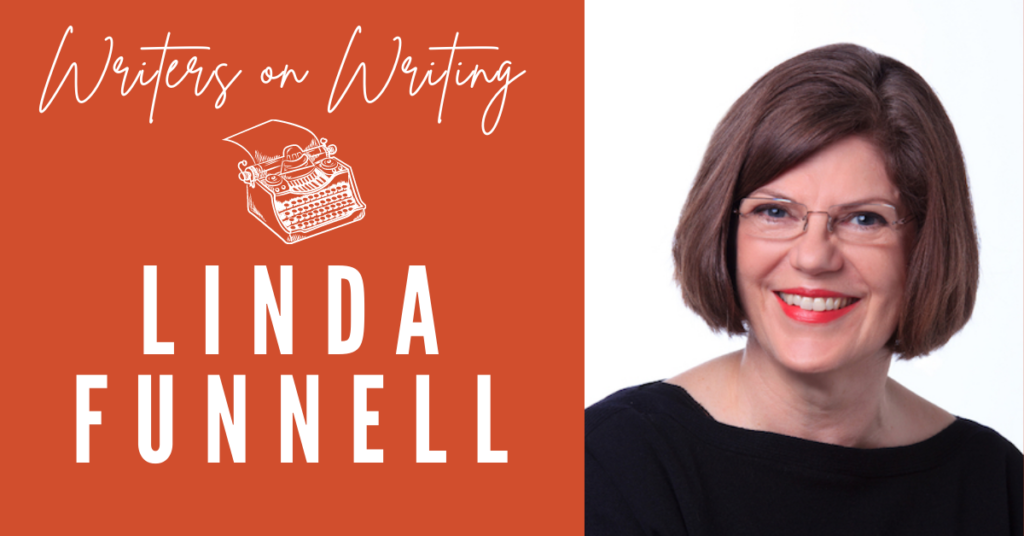What made you want to work in publishing? Can you tell us about the aspects of your job that you like and dislike?
I’ve always loved books, so it was perhaps inevitable that I’d end up working in publishing in one way or another. I’ve been an editor, an agent and a publisher at different points over the years, and it is still a great thrill to read a new work in manuscript. Discovering a new writer is hugely exciting, too, particularly if you go on to work with them over a number of books and see their career develop.
People tend to think of editors as people who just fix punctuation and obsess over grammar, but when it comes to editing fiction or narrative non-fiction such as memoir, it’s actually more complex and can be a fascinating process: sometimes you can suggest changing just a single word or phrase to shift the emotional flavour of a scene, or erase a distracting loose end that threatens to take the story off in a conflicting direction. At other times you can end up having quite deep discussions with an author about how a story might develop.
Working with authors can be very rewarding – sometimes you’re working in a quite interventionist way, at others you might just be checking the commas are in the right place. Every writer – and every book – is different.
The downsides? Not every book you love is going to sell as well as you hope. And there is never enough time to read everything. It is as true of publishing as it is of life.
When reviewing a manuscript, is there anything you find instantly off-putting? What should writers looking to submit a manuscript absolutely not do?
It’s not always easy for a writer to see problems in their work, which is why beta readers, workshops and manuscript assessments can all be valuable tools. Every author has blind spots to some degree, particularly if they have been working on something for a long time, and it can be hard to see the wood for the trees.
However, having said that, what I find depressing is when I open a manuscript and it’s clear the author hasn’t bothered reading over their work. Inevitably it makes me wonder, ‘If you don’t care about your work, why should I?’
If you’re submitting work for publication, you really need to make your first submission your best submission. If you know there are problems in your work, do take the trouble to fix them. You only get one chance to make a first impression.
A development course like Online feedback is more forgiving – it’s a workshop, everyone’s there to improve their work, so it’s understood that not everything will be perfect.
One other thing that isn’t necessarily off-putting but I find can be tricky is when a writer isn’t certain what they’re trying to do in their work. A significant part of an editor’s job is trying to understand what the author is trying to achieve and helping them achieve it. But if the author is confused, that can be a problem, and that’s when the right question from an editor can help. Why this situation, for this character, at this point in your book? Sometimes those kinds of questions can trigger breakthroughs.
Over the course of your long career, what are the projects that have stood out the most? Why have they stuck with you?
The ones that tend to stick in my mind aren’t necessarily the ones that were bestsellers – though of course those are memorable too! – but the ones where the writer had the courage to make big decisions – perhaps to cut whole sections, perhaps to rewrite and add another dimension to the work – and pressed on to make their book the best it could be.

Linda Funnell has extensive experience as an editor and publisher and has taught courses in publishing, editing and writing for UTS, the ASA and Writing NSW. For 10 years Linda was a publisher with HarperCollins. Prior to that she was Fiction Publisher at Random House, and prior to that, Managing Editor at Pan Macmillan. Currently she is a freelance editor and publishing consultant, and has edited works by Diane Armstrong, Louis Nowra and Karen Brooks, among others. In March 2012 she and Jean Bedford founded the free online book review the Newtown Review of Books, which you can find at newtownreviewofbooks.com.au.
If you want to be the first to read great advice from our incredible tutors, subscribe to our weekly e-newsletter Newsbite.
More from Writing NSW
Check out our full range of in-person writing courses in Sydney, our online writing courses and our feedback programs to see how we can help you on your writing journey. Find out about our grants and prizes, as well as writing groups across NSW, and sign up to our weekly newsletter for writing events, opportunities and giveaways.

